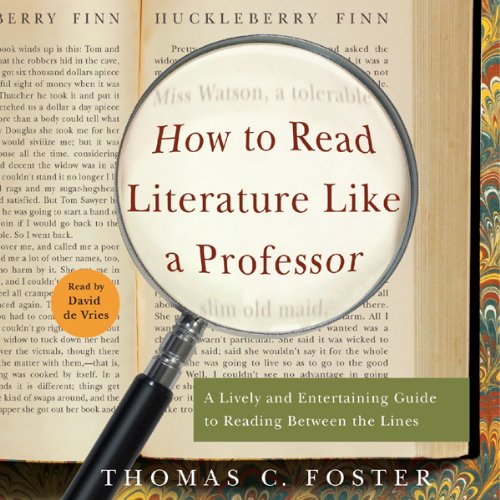
The findings show that the groups do not have a specific, targeted, therapeutic function, their primary purpose being more broadly literary, with literature itself trusted both to serve a coalescing social purpose and to offer non-specified but individual therapeutic benefits. The data were analysed thematically using NVivo qualitative analysis software. The research participants were all over 18 years of age, and all were members or facilitators of Get into Reading reading groups. The fieldwork conducted with the six groups took place in a variety of settings, including libraries, a residential drug rehabilitation unit and a hostel for homeless men. These were participant observation with five reading groups, a key stakeholder interview and, with a sixth group, a single case study that consisted of observation and interviews with group members. A qualitative approach was adopted, using three methods.



This paper reports the findings of a study set up to explore people's experiences of taking part in community reading groups run by the Get into Reading Project in Wirral, Merseyside, UK. The moral for current work in gene-splicing, cloning, and organ transplants is that perils reside not in where our science is taking us-for our human condition cries out for these improvements-but in how we make the journey.Despite the popularity of reading groups, and the increased number of general-practitioner-referred bibliotherapy schemes in the UK, there has been relatively little research on the effects of reading works of literature on the well-being and health of readers. Two editions of the novel and a recent major film version are intensively analyzed in support of this interpretation. Frankenstein's seduction by the pursuit of fame rather than knowledge, and his irresponsible attitude towards the subject and result of his experiment, are seen as the true villains in the piece-rather than the quests to extend and revive and improve human life, which are as noble and appropriate at the end of the 20th century as at the beginning of the 19th, when Mary wrote her novel. Contrary to analyses of Mary Shelley's Frankenstein as a warning about the danger of science and technology taken too far, the classic story can be assessed as a cautionary about the undermining of a worthy scientific enterprise by the flaws of a particular scientist.


 0 kommentar(er)
0 kommentar(er)
